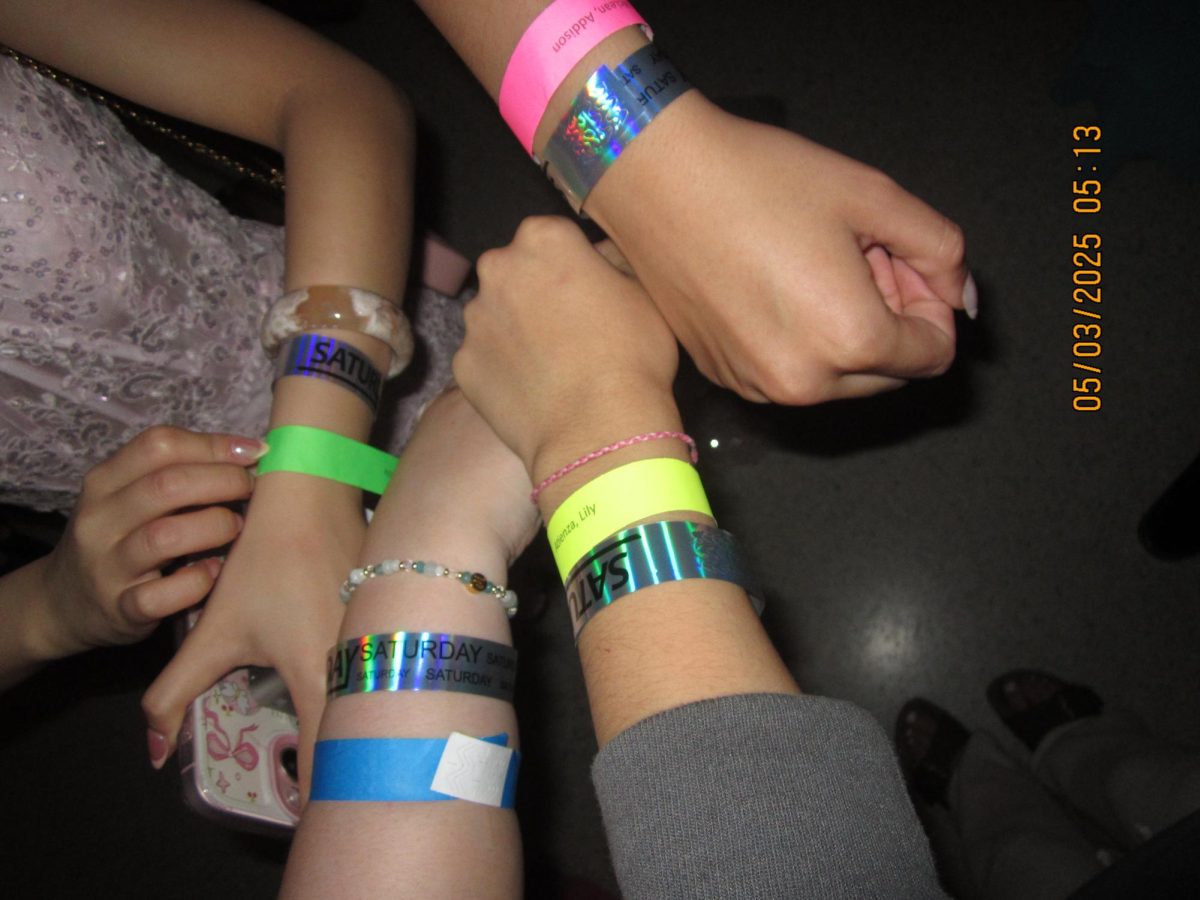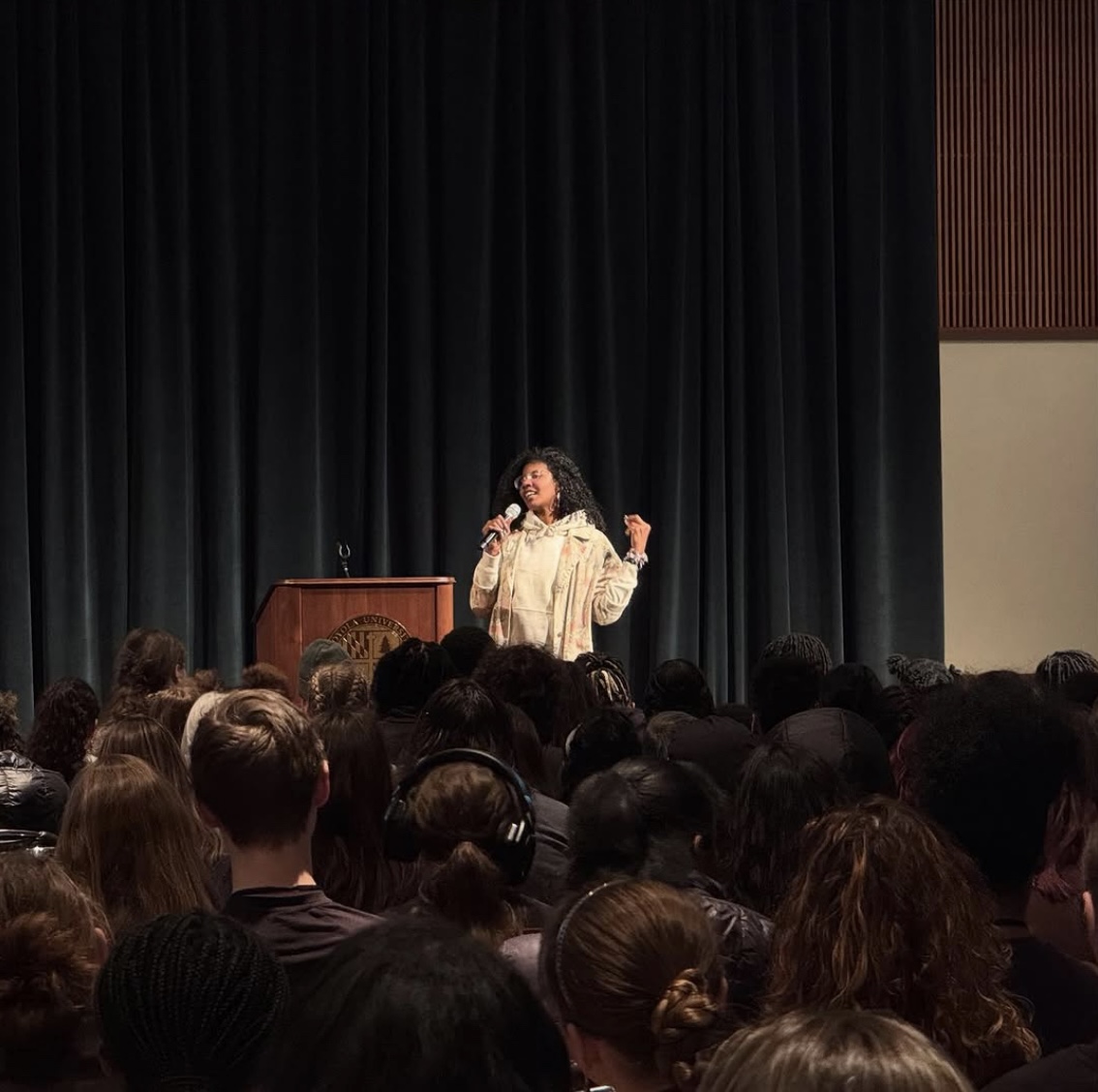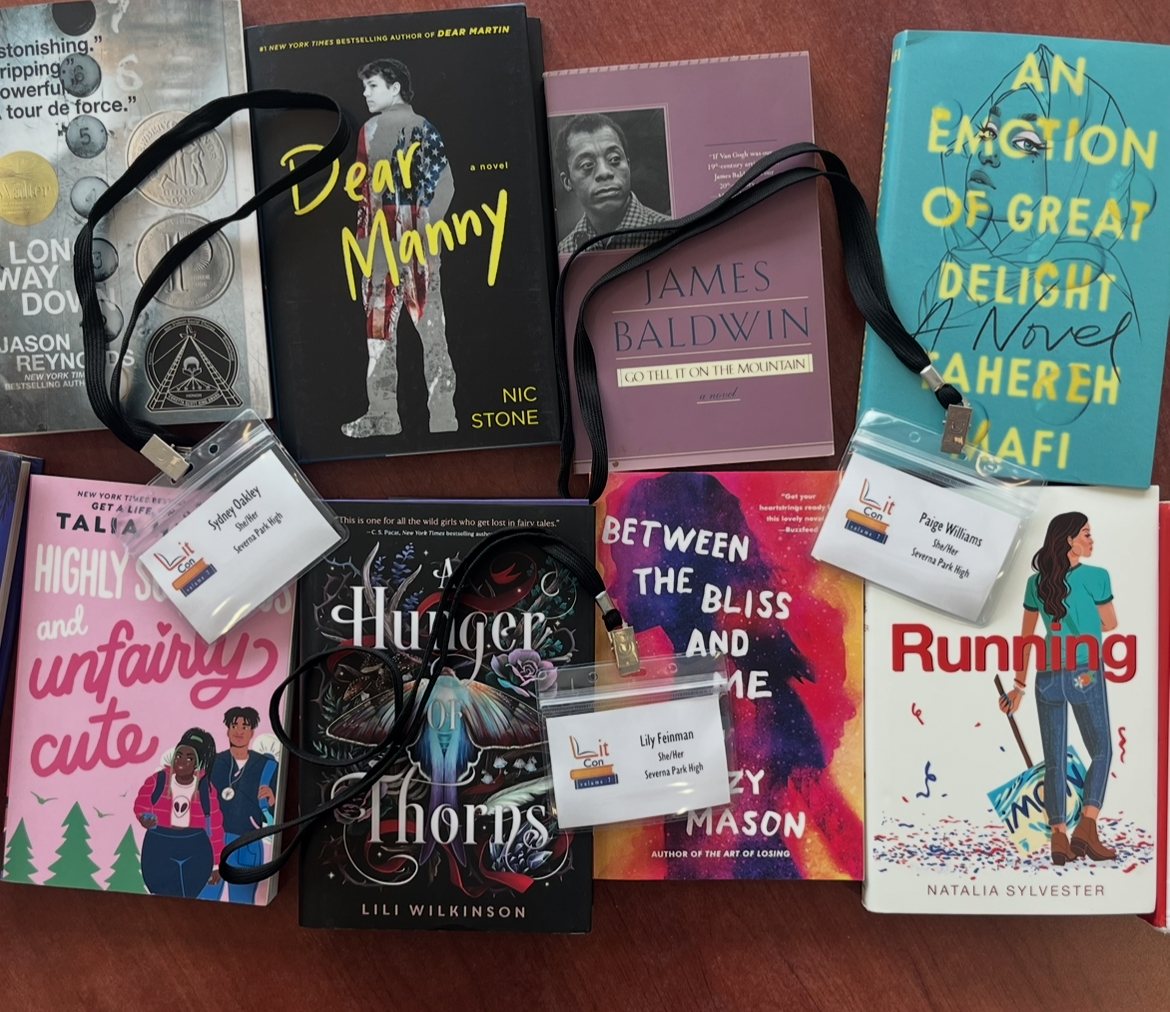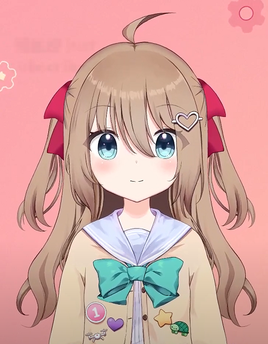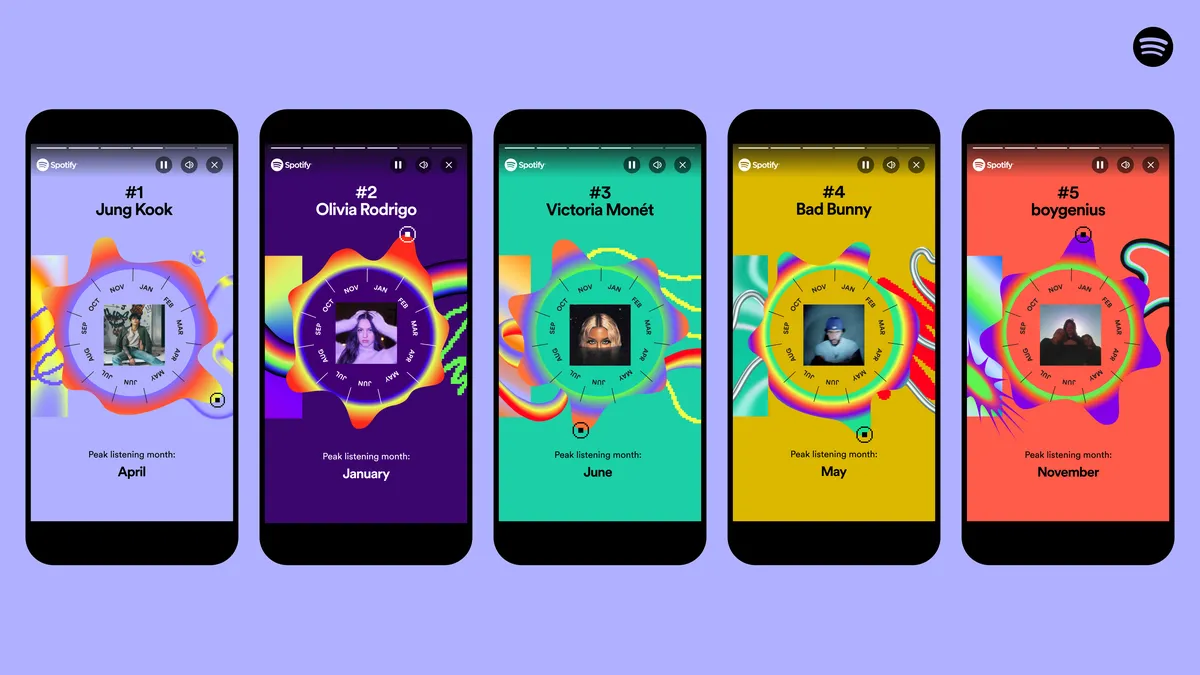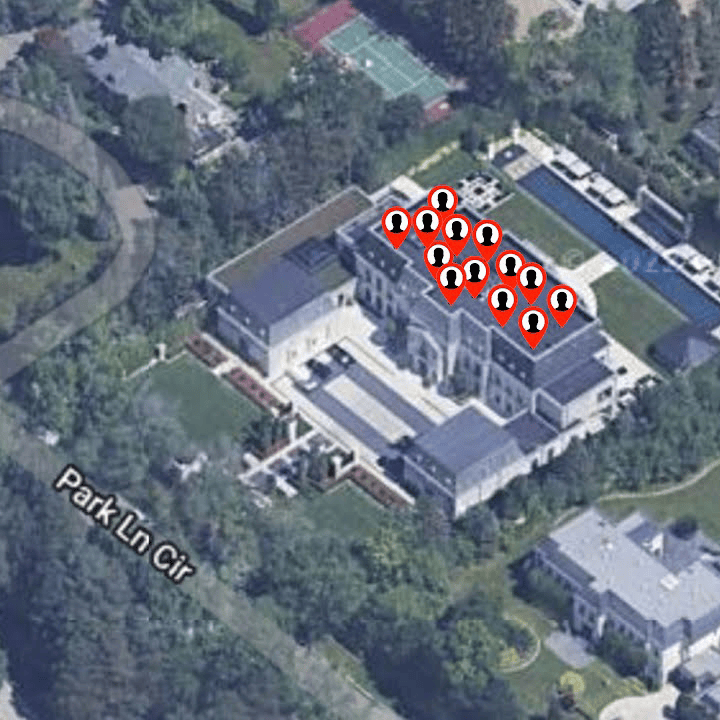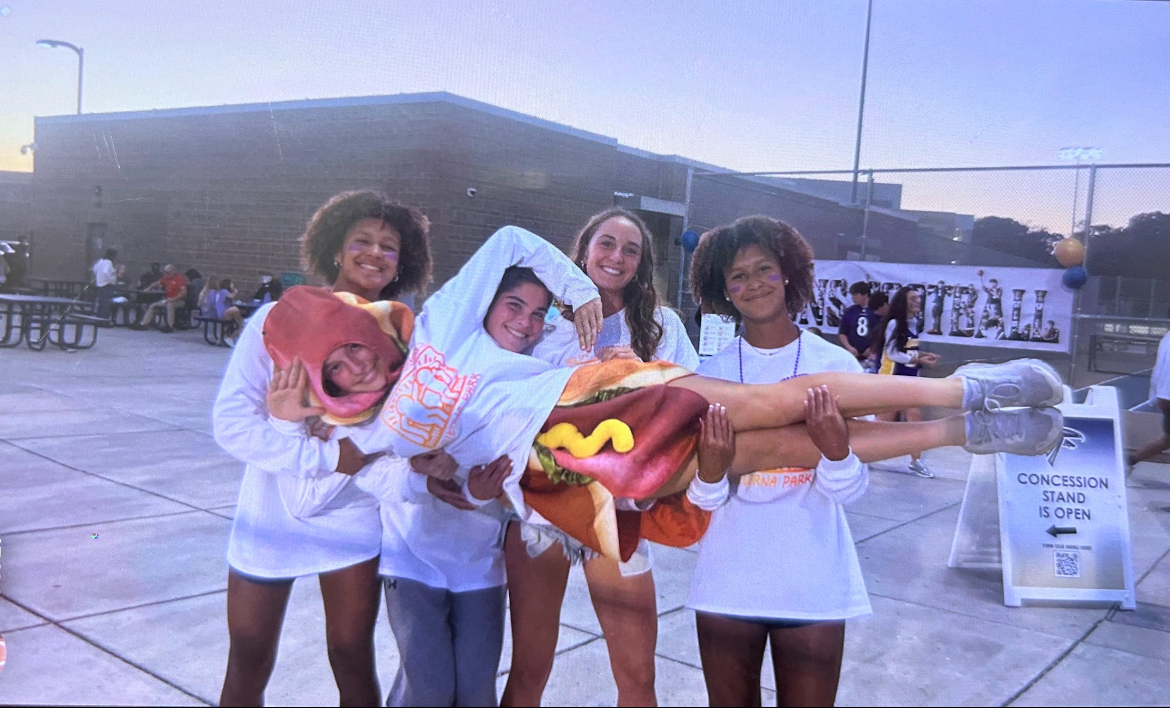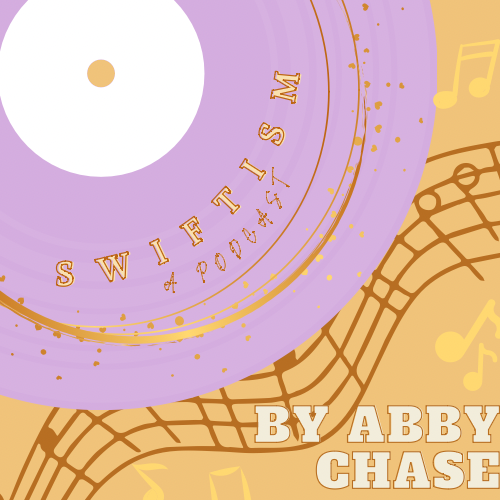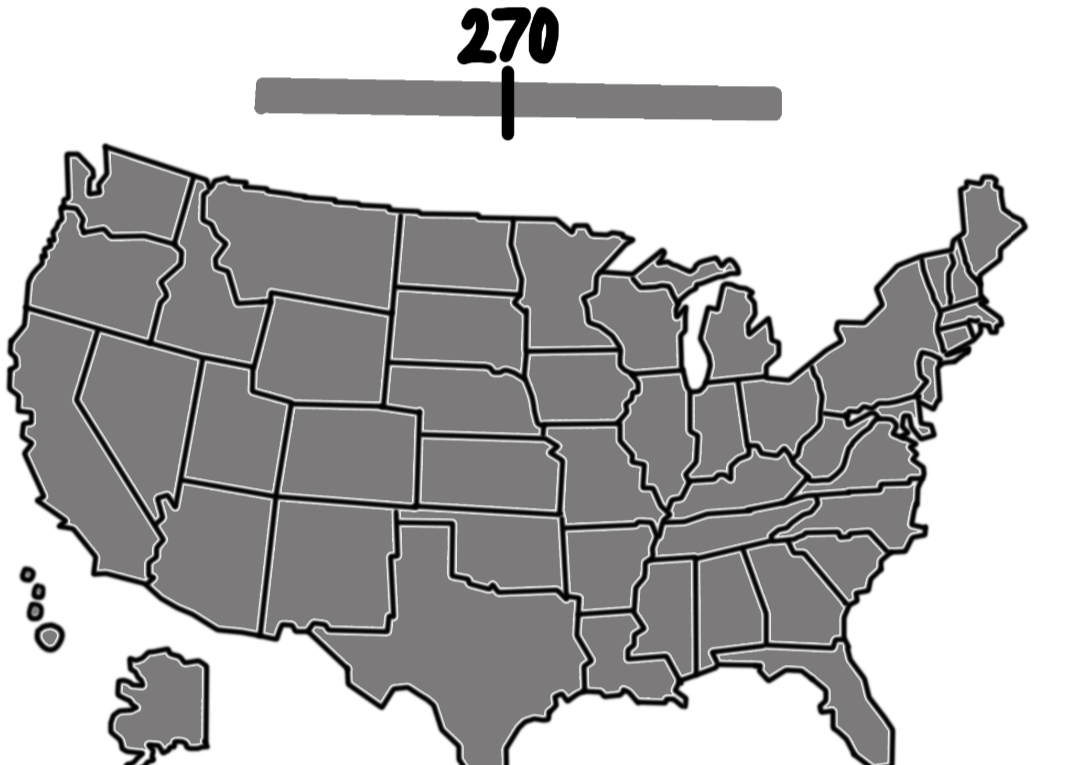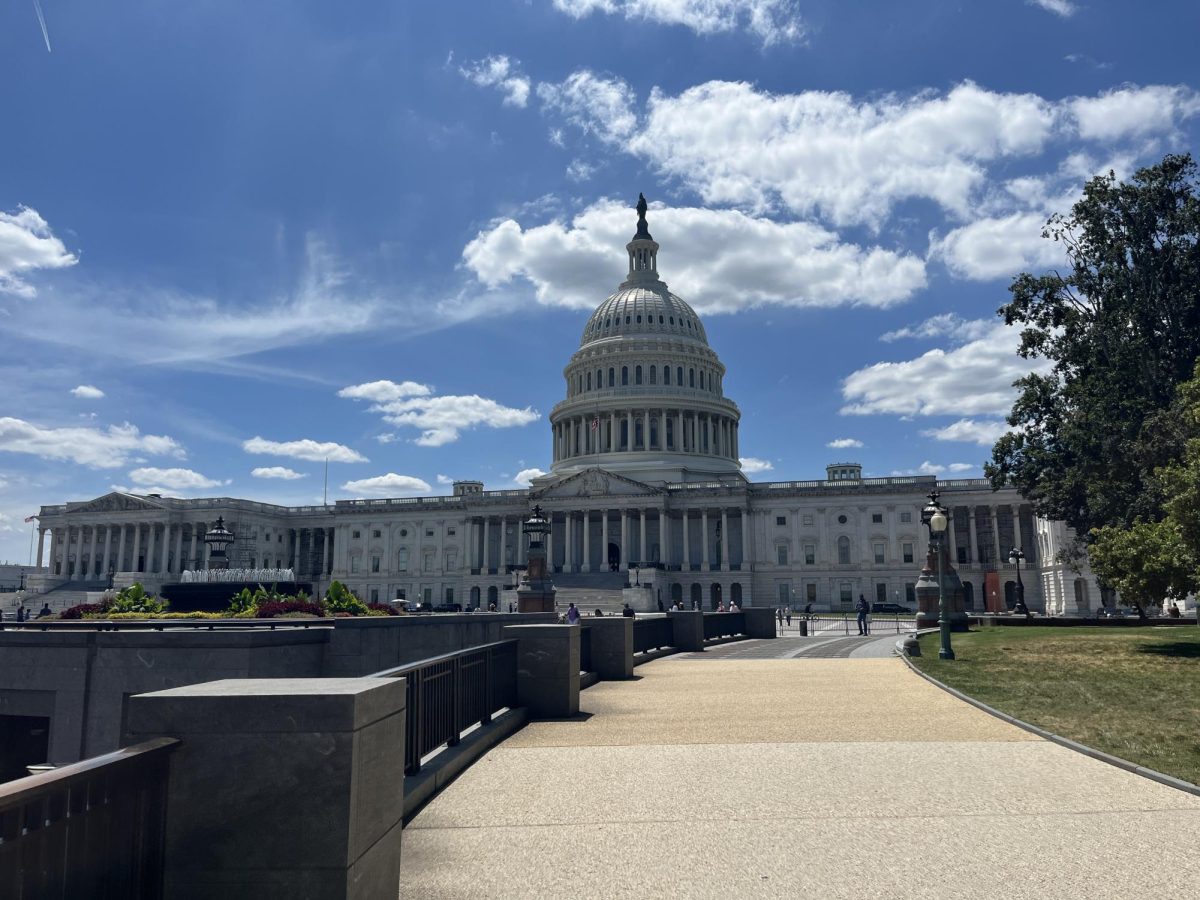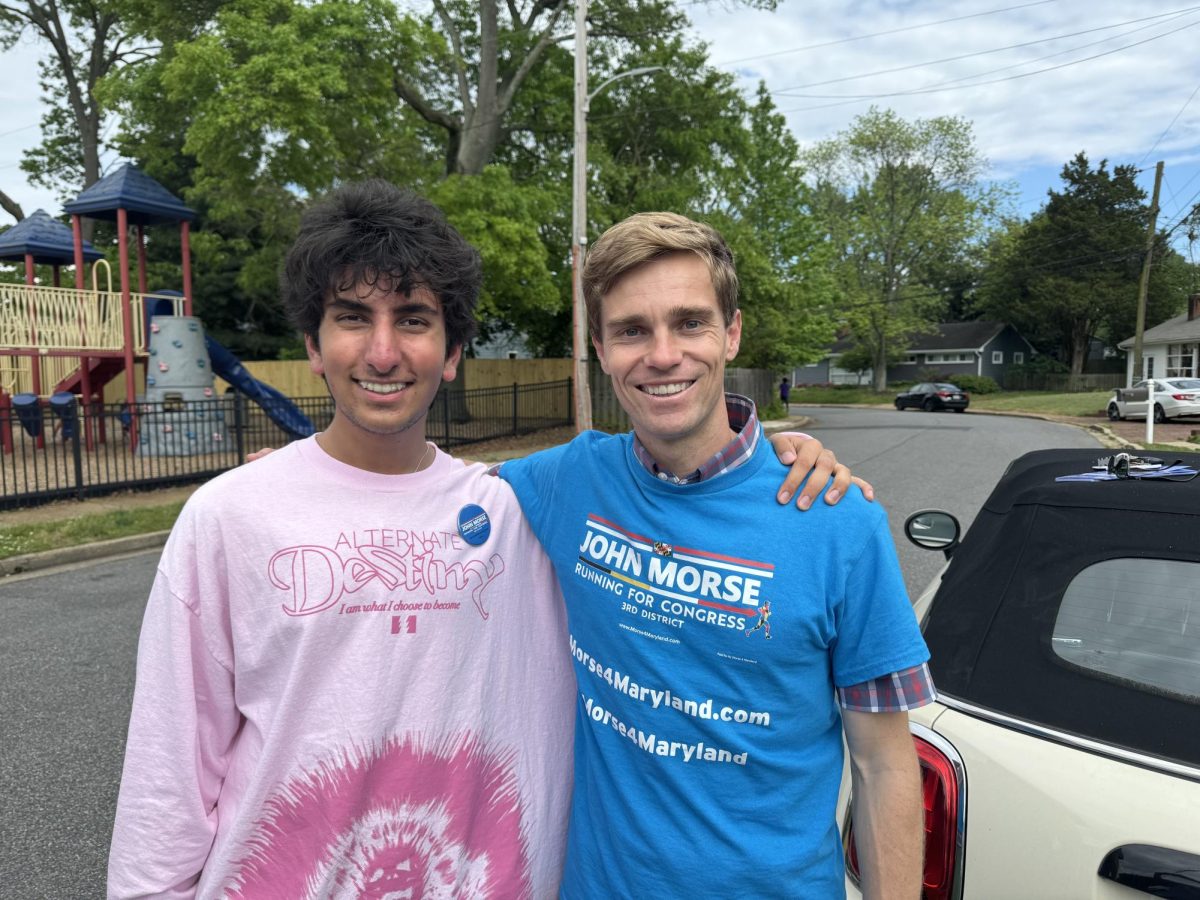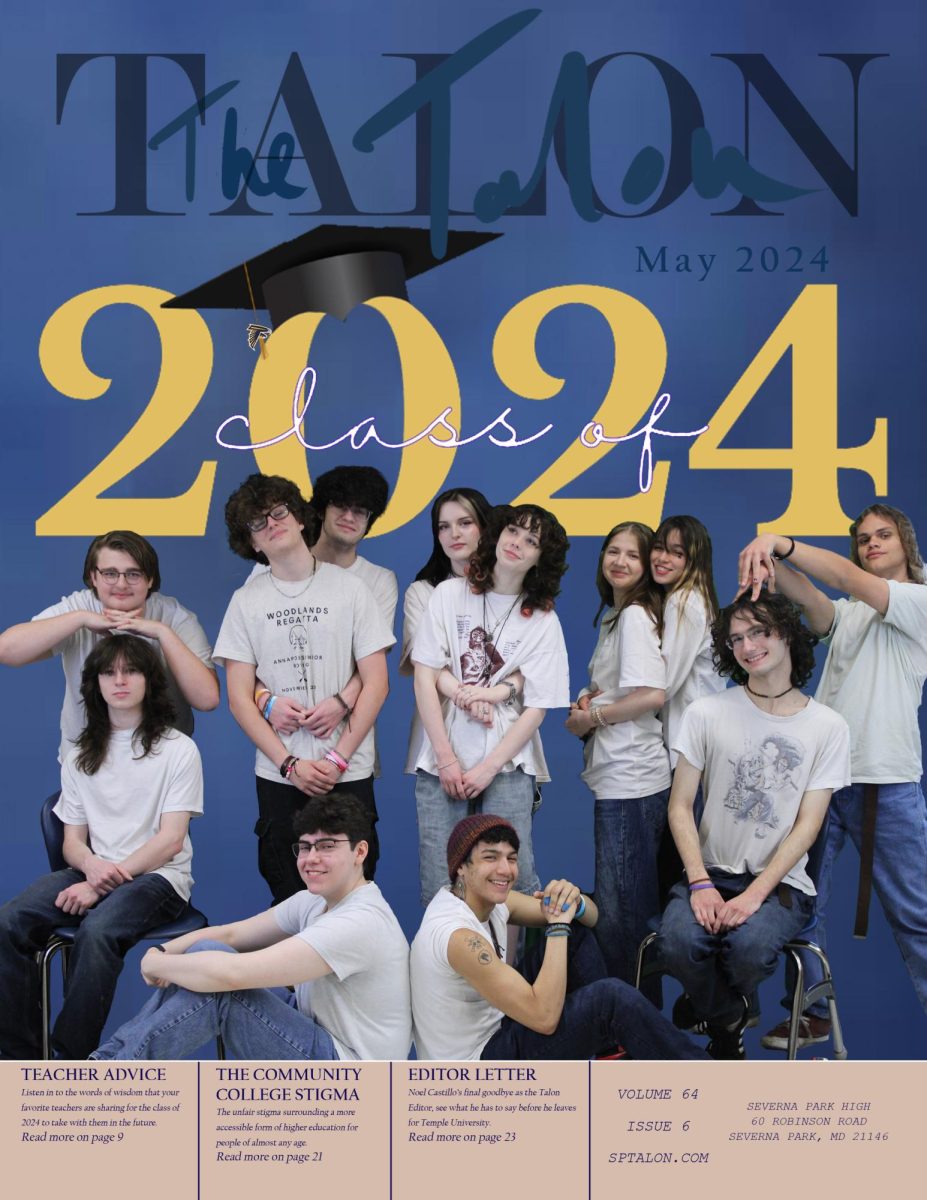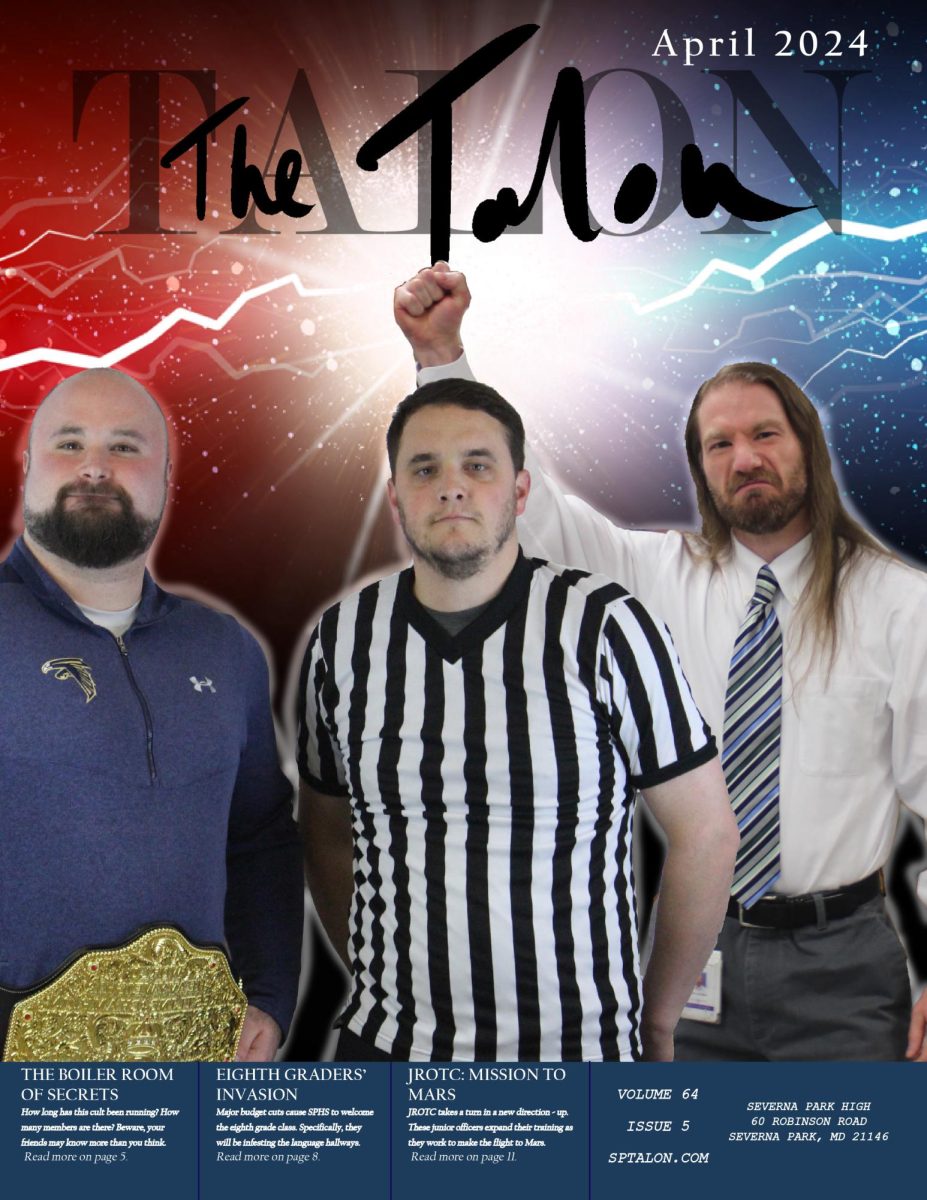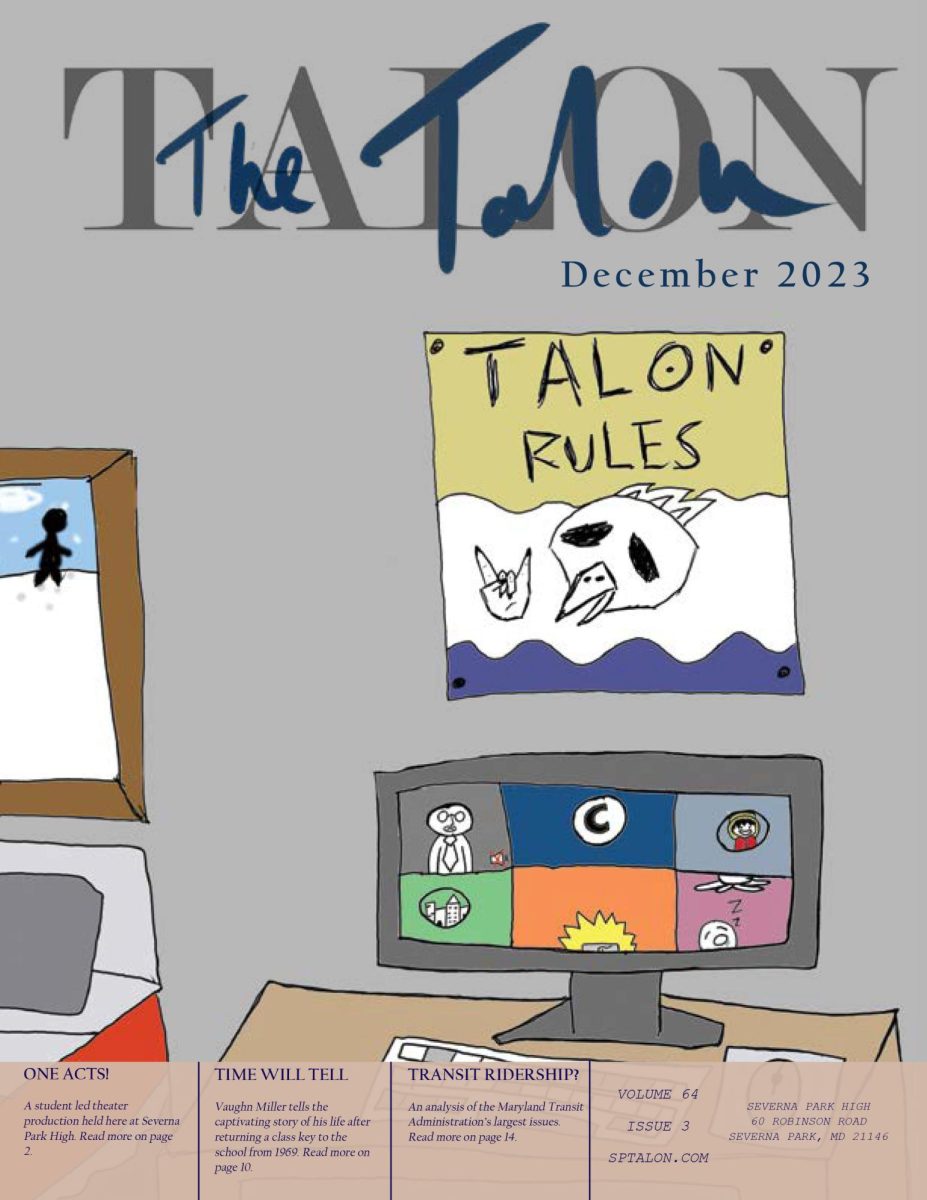Certain Things remain Unchanged for Youth
Being a teenager in today’s age is difficult, but it is not as different to what teenagers 30 years ago would have experienced as one may think.
Amelia Farrar (top right), Elliot Gerrig (bottom) and Abigail Petrich (top right) hold club meetings and get together online in the age of COVID-19. High school students had to be creative when organising social gatherings to stop the spread of the Coronavirus. “I never imagined this is what my Sophomore year of highschool would look like,” Chloe Hunt, another high school student said.
June 8, 2021
Life as a teenager in 2021 is hard, but has it ever been easy? Or are the struggles of youth universal and timeless?
It is impossible to deny that life for a teenager has changed drastically over time as social media developed. And with the pandemic now affecting daily life, it’s fair to say that today’s teenagers are facing challenges unlike any before.
“As a teenager I had much more responsibility and freedom than teenagers do today.” Eileen McFarren, a teacher and mother said. “I had a job and could drive by the time I was 15. My parents never worried about stranger danger or suicide and could trust that the world I lived in was basically a safe place in which to go out and make mistakes and learn. As an adult and parent, I do not think I have the sense of safety and community that allows for that kind of freedom.” McFarren blames the “ubiquity of social media” for the sense of anxiety she has for her child, stating “I want to protect her from the world rather than launch her into it.”
But not everything is so different.
Becky Lynn Pruitt, who grew up in the middle of the 60s and 70s revolution, drew similarities between her youth and today’s, said “I think the prevalence of electronic devices has reinstated that rigidity and inability to think free and live your life free. I see too many living their lives through social media and depending too much on it. In a way I think it’s put everyone back in a box.”
However, Pruitt expects to see another era of revolution much like the revolution of the 60s and 70s full of free thinkers who can move the world forward.
Pruitt was not the only one to notice the similar struggle of youth through time and repetitive nature of history.
Louis Petrich, a college professor who grew up in the Jewish suburbs of Chicago, said that the one thing that hasn’t changed about youth is their presumption that it’s all new. “Tis new to thee, but not to me, not really,” Petrich said.
It seems that not as much has changed as one may believe.
“All the feelings and traumas of being a teenager have not changed…. all the angst about parents, friends, looks, clothes, school… all those feelings are exactly the same,” McFarren said.
But just because the trials and tribulations of young adulthood are common to all, does not make the trying time any easier. Luckily, teenagerdom does not last.
“Hold on…. it will change. The moment does not last forever… so if you are enjoying it, then give yourself to it, but if the moment is horrid, it won’t last so just hold on,” McFarren said.

